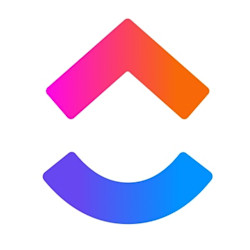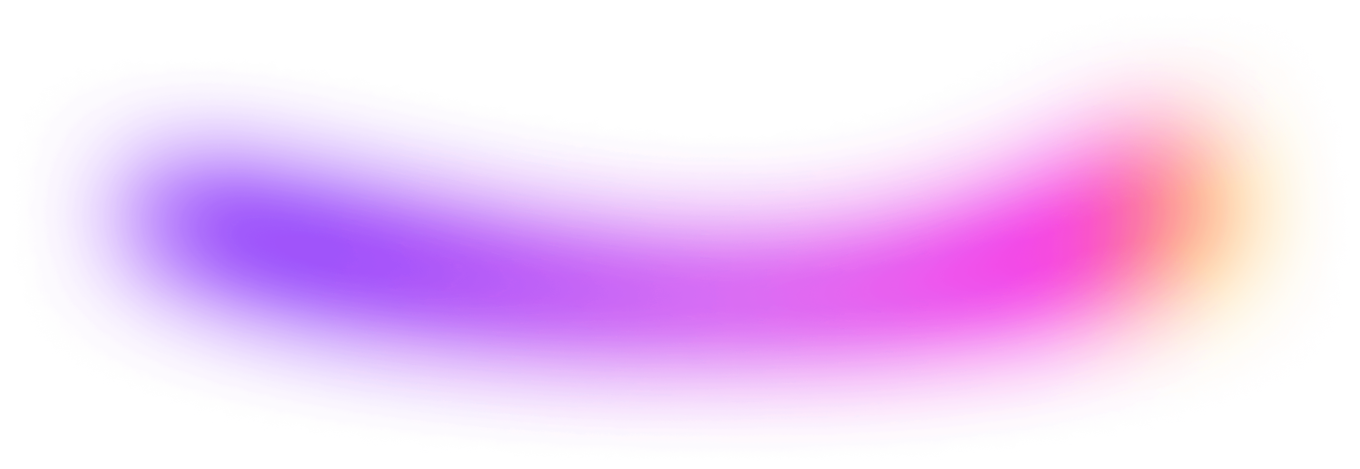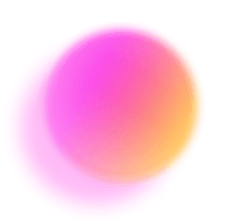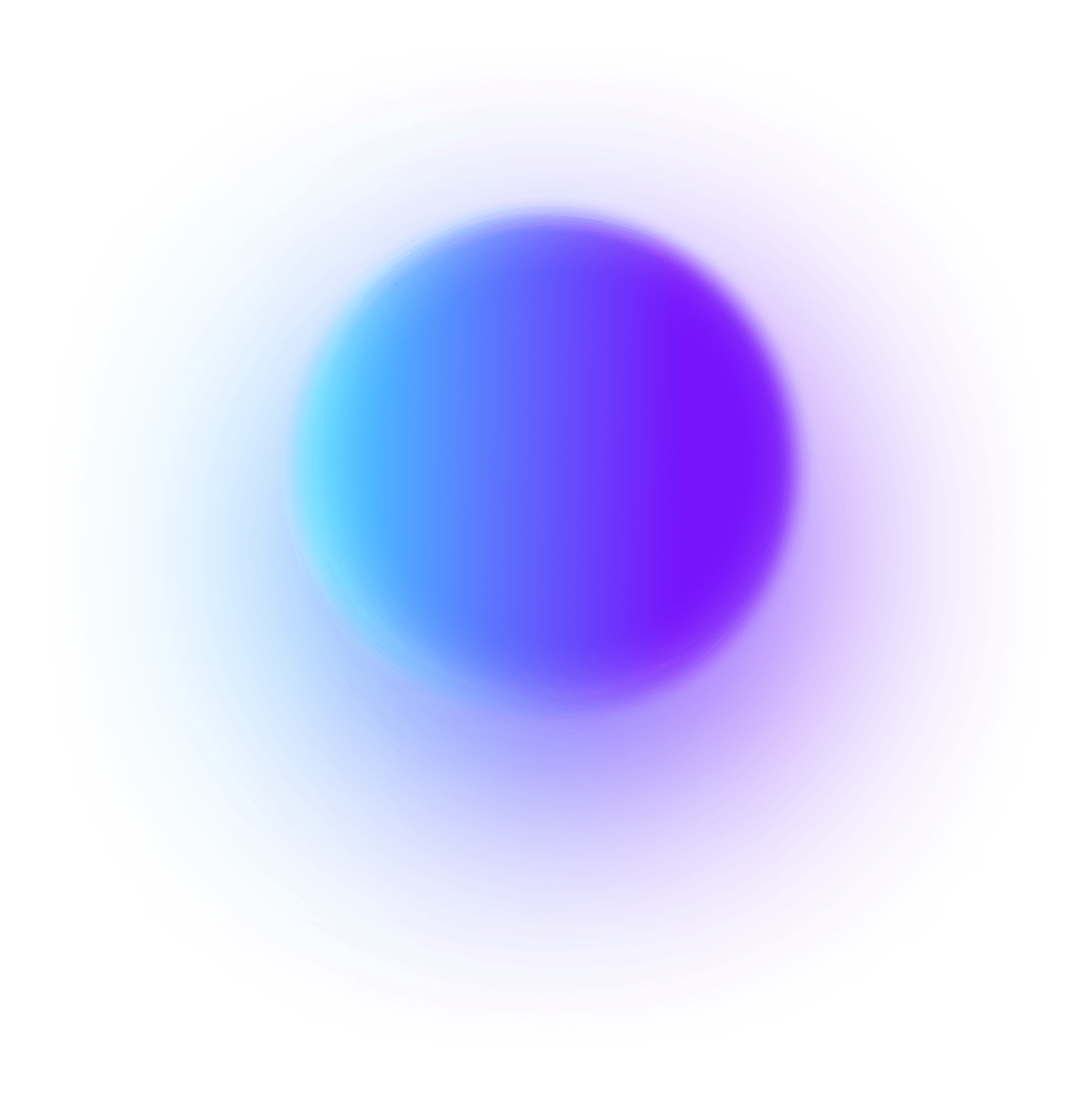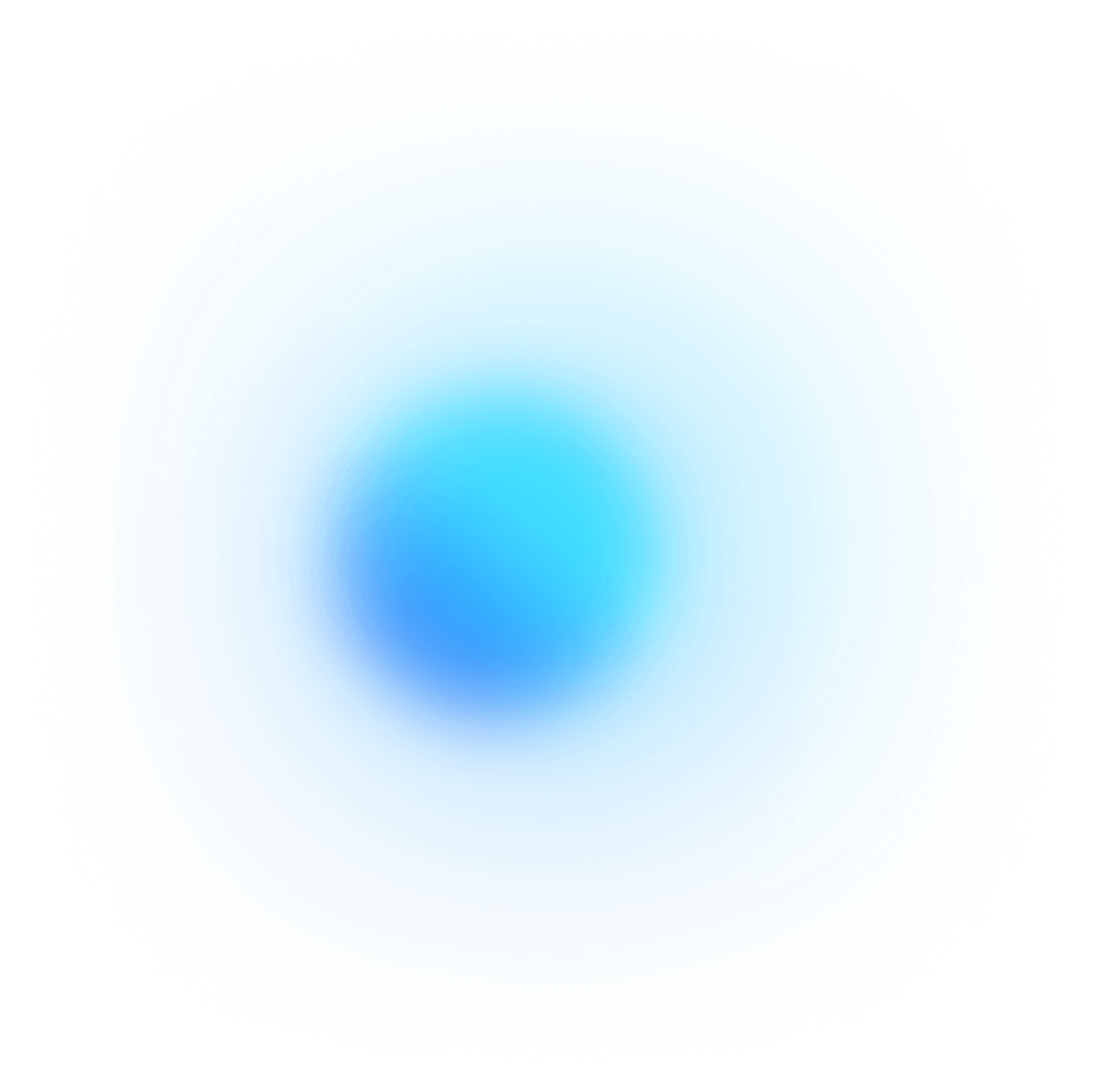If you're a game developer, you know that staying organized is key to hitting your project deadlines. But with so many moving pieces, it can be challenging to keep track of everything. That's where ClickUp's Game Development Content Calendar Template comes in handy!
With this template, you can:
- Plan and schedule your game development content, from concept art to marketing materials
- Collaborate with your team and assign tasks to ensure everyone is on the same page
- Track the progress of your content creation and stay on top of important milestones
Whether you're working on the next big AAA title or an indie game, ClickUp's Game Development Content Calendar Template will help you stay organized and ship your game on time. Get started today and level up your game development process!
Benefits of Game Development Content Calendar Template
The Game Development Content Calendar Template is a valuable tool for game developers looking to stay organized and on track. Here are some of the benefits it offers:
- Streamlines the content creation process by providing a clear roadmap and schedule
- Helps ensure consistent and timely release of game updates, patches, and DLCs
- Facilitates collaboration among team members, allowing for seamless communication and task assignment
- Enables efficient resource allocation and budget management
- Provides a visual overview of the entire content development timeline, making it easier to identify potential bottlenecks or delays.
Main Elements of Game Development Content Calendar Template
ClickUp's Game Development Content Calendar template is designed to help you stay organized and on track with your game development projects. Here are the main elements of this template:
- Custom Statuses: Keep track of the progress of your game development tasks with 8 different statuses, including In Review, Concept, In Development, Open, On Hold, Closed, Published, and Ready.
- Custom Fields: Use 10 custom fields such as Budget, Channel, Link, Marketing Task Type, Mockups Inspiration, Objective, Primary Marketing Goal, Requester, Spend, and Target Audience to add important details and easily categorize your game development content.
- Custom Views: Access your game development content in 8 different views, including Board, List, Welcome, Timeline, Gantt, Meeting Minutes, Calendar, and Team Docs, to visualize your tasks, plan timelines, collaborate with your team, and keep track of important documents.
- Collaboration Tools: Utilize ClickUp's collaboration features such as task comments, file attachments, and real-time editing to streamline communication and ensure everyone is on the same page.
How to Use Content Calendar For Game Developers
Game development can be a complex process, but with the help of a Game Development Content Calendar Template in ClickUp, you can stay organized and on track. Follow these steps to effectively use the template:
1. Set your project timeline
Start by setting the overall timeline for your game development project. Determine the start and end dates, as well as any major milestones or deadlines you need to meet along the way.
Use the Calendar view in ClickUp to visualize and plan your project timeline.
2. Identify key content deliverables
Next, identify the key content deliverables that need to be completed throughout the development process. This could include things like concept art, character designs, level layouts, sound effects, and more.
Use tasks in ClickUp to create a list of content deliverables and assign them to team members.
3. Break down tasks and assign deadlines
Break down each content deliverable into smaller tasks and assign them to team members. Be sure to set realistic deadlines for each task to ensure that everything stays on schedule.
Use the Gantt chart in ClickUp to create dependencies and visualize the task timeline.
4. Collaborate and communicate
Collaboration is key in game development. Use ClickUp's communication features, such as comments and @mentions, to keep everyone on the same page and facilitate smooth communication between team members.
Use the Board view in ClickUp to track the progress of each task and easily communicate with your team.
5. Track progress and make adjustments
Regularly track the progress of each task and make adjustments as needed. If a task is taking longer than expected or if priorities change, be flexible and adjust the content calendar accordingly.
Use the Workload view in ClickUp to see the workload of each team member and make adjustments if needed.
6. Review and iterate
Once the game development is complete, take the time to review the content calendar and reflect on the process. Identify any areas that could be improved or streamlined for future projects.
Use Dashboards in ClickUp to analyze the success of the content calendar and gather insights for future game development projects.
By following these steps and utilizing the Game Development Content Calendar Template in ClickUp, you can streamline your game development process and ensure that everything stays on track from start to finish.
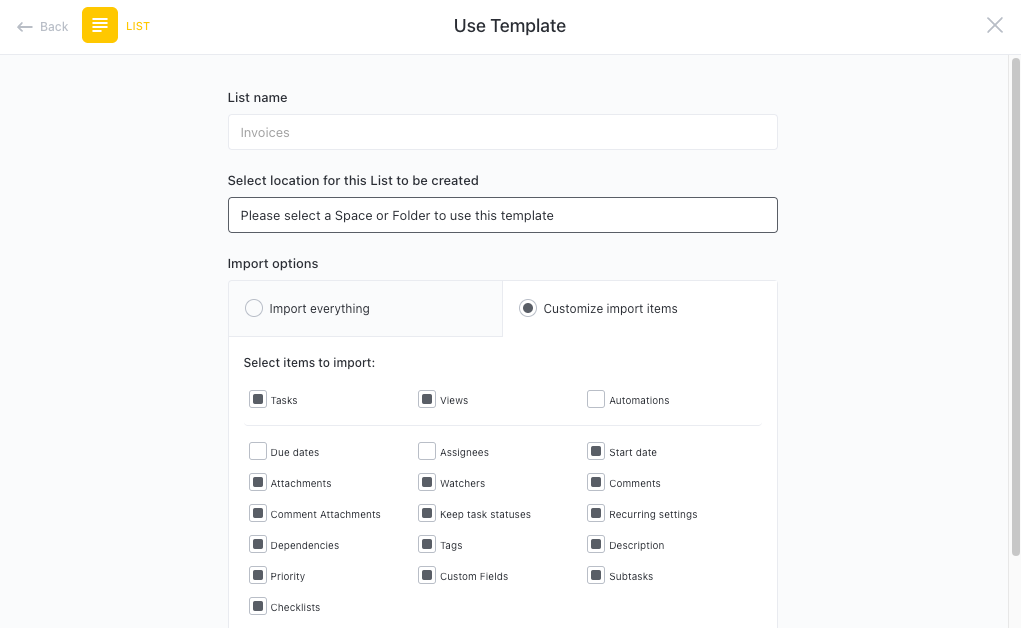
Get Started with ClickUp's Game Development Content Calendar Template
Game developers can use this Game Development Content Calendar Template to streamline their content creation process and keep track of their progress.
First, hit “Get Free Solution” to sign up for ClickUp and add the template to your Workspace. Make sure you designate which Space or location in your Workspace you’d like this template applied.
Next, invite relevant members or guests to your Workspace to start collaborating.
Now you can take advantage of the full potential of this template to create amazing game content:
- Use the Board View to organize and visualize tasks in a kanban-style layout
- The List View will help you see all the details of your tasks in one place
- The Welcome View provides an overview of all tasks and their progress
- Utilize the Timeline View to create a visual representation of your project's timelines and milestones
- The Gantt Chart View will allow you to plan and monitor your project's timeline and dependencies
- Use the Meeting Minutes View to keep track of important discussions and decisions
- The Calendar View will help you schedule and visualize upcoming tasks and deadlines
- Utilize the Team Docs View to keep all relevant documentation and resources in one place
- Organize tasks into eight different statuses: In Review, Concept, In Development, Open, On Hold, Closed, Published, Ready, to keep track of progress
- Update statuses as you progress through tasks to keep team members informed
- Monitor and analyze tasks to ensure maximum productivity
